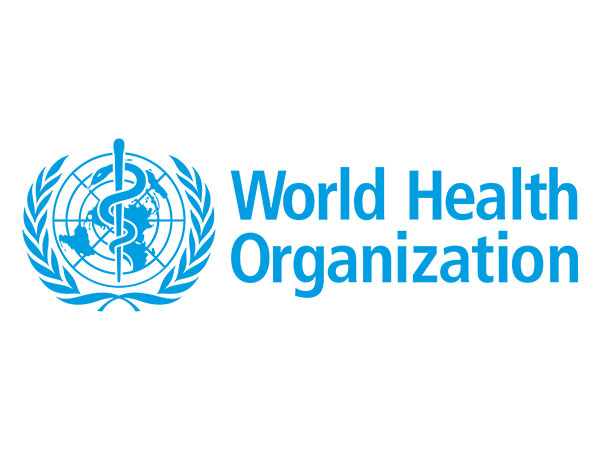WHO Prioritizes Pathogens for Vaccine Breakthroughs
The World Health Organization has spotlighted 17 pathogens for groundbreaking vaccine development, emphasizing diseases like HIV and tuberculosis, along with emerging threats like Klebsiella pneumoniae. This initiative seeks to curb the global disease burden, focusing on regions with significant health impacts.

- Country:
- Switzerland
In a major announcement from Geneva, the World Health Organization (WHO) has identified 17 pathogens that are priorities for new vaccine research. This groundbreaking study, published in BioMedicine, highlights the need for vaccines targeting diseases that are problematic worldwide.
Among the urgent priorities, the WHO study reaffirms attention on well-known killers like HIV, malaria, and tuberculosis — diseases accounting for approximately 2.5 million deaths annually. Lesser-addressed threats, such as Group A streptococcus and Klebsiella pneumoniae, also demand focus due to their growing antimicrobial resistance.
WHO's Director of the Immunization, Vaccines and Biologicals Department, Kate O'Brien, emphasized the need for prioritizing life-saving vaccines over financial gains. The new priority list aligns with the Immunization Agenda 2030, striving to ensure widespread, equitable vaccine access.
(With inputs from agencies.)
ALSO READ
Can Facebook Ads Save Lives? Exploring the Impact on Malaria Prevention in India
From Declaration to action: Antimicrobial resistance initiatives centre stage at Jeddah conference
Global Cooperation Urgently Needed to Combat Antimicrobial Resistance
Jeddah conference closes with adoption of global pledges to tackle antimicrobial resistance










